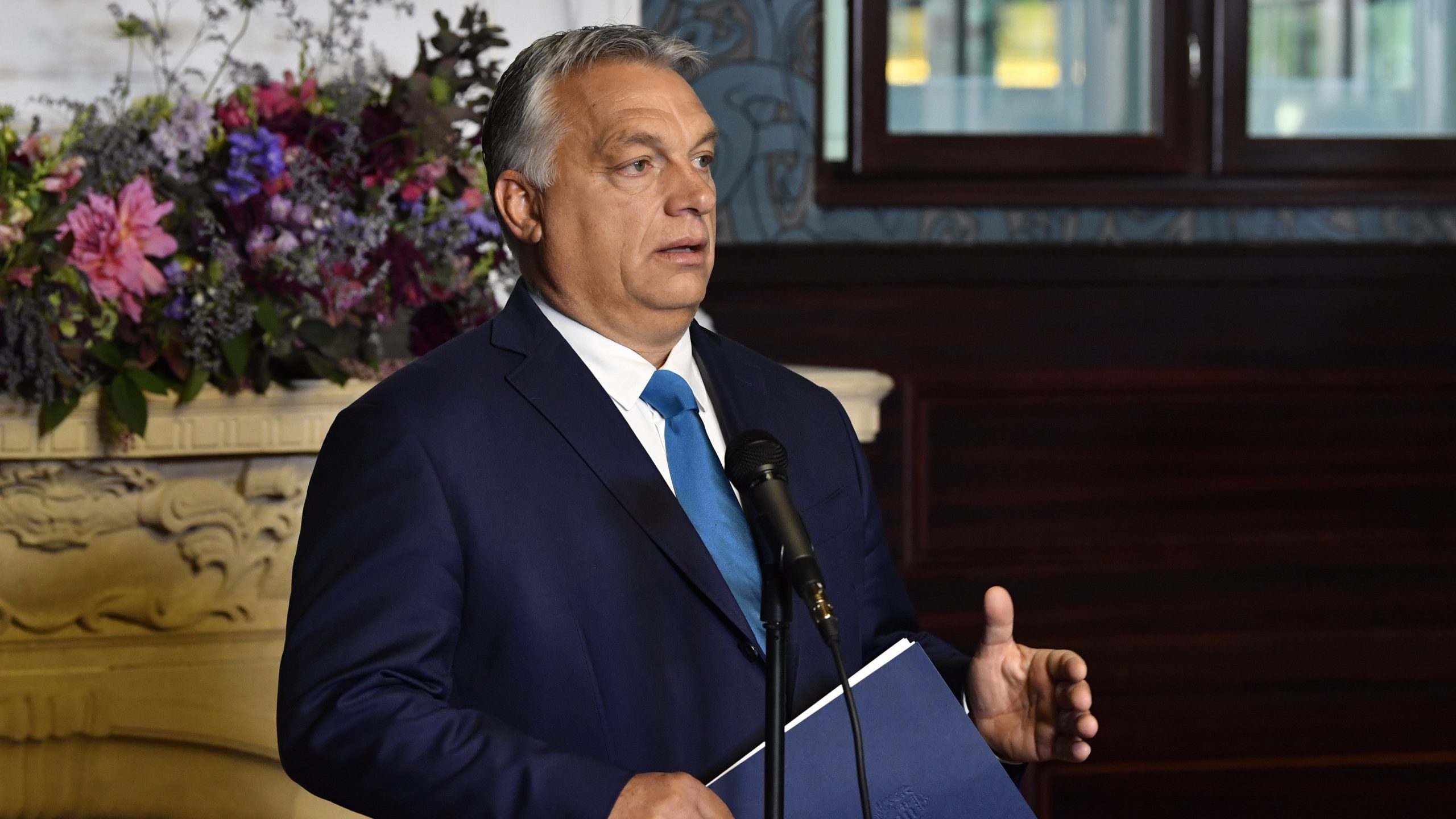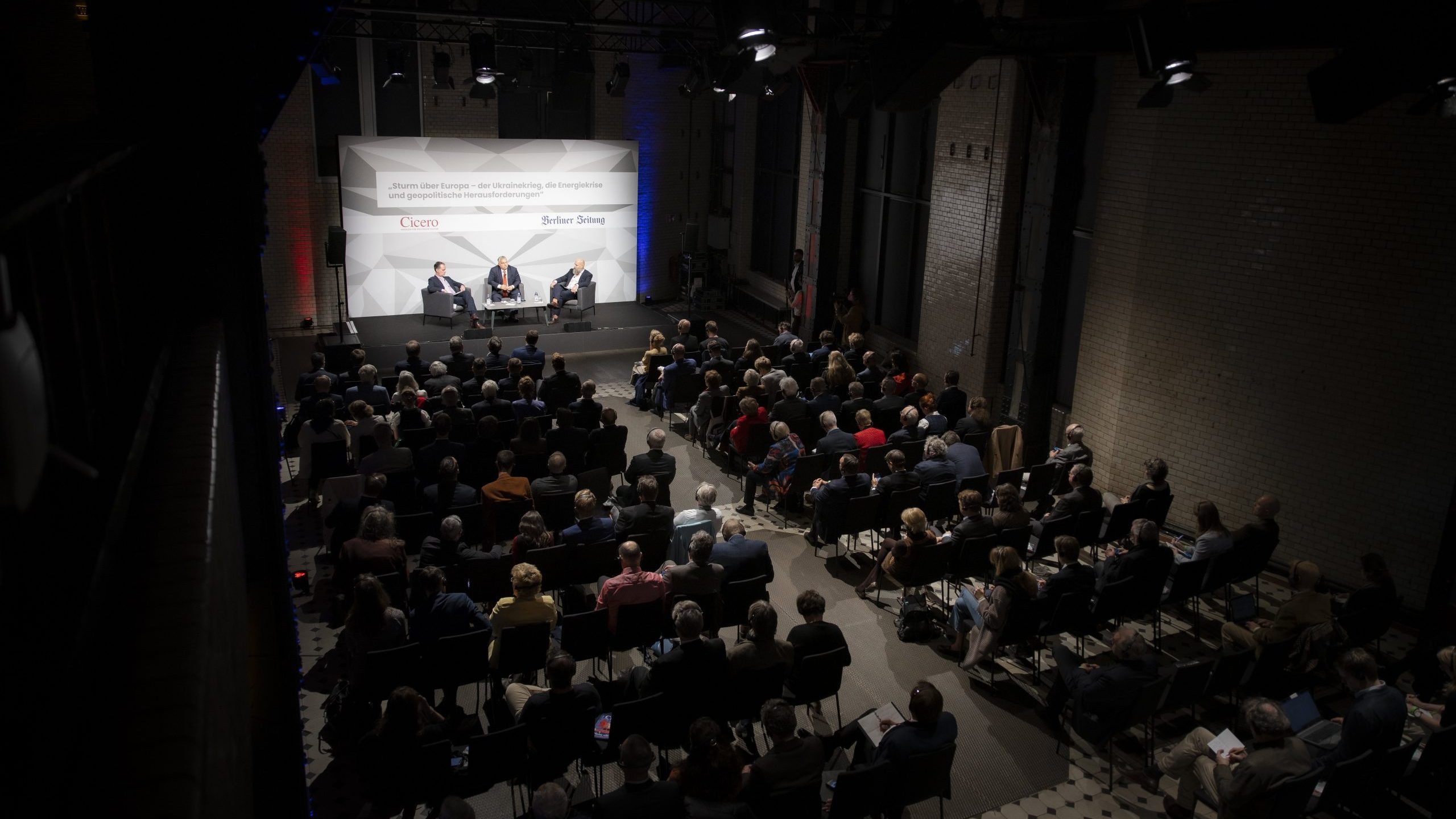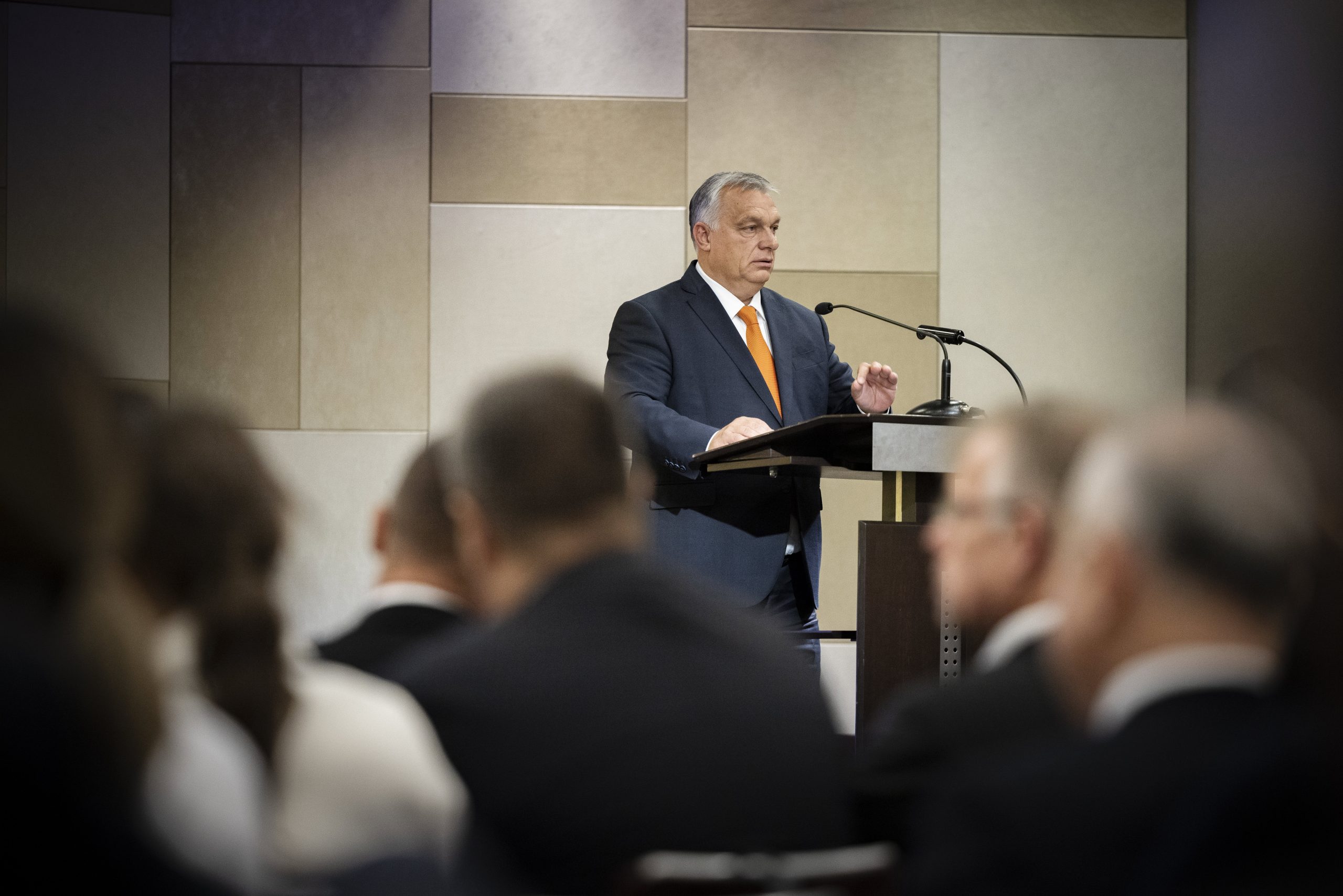
The Prime Minister recalled several quotes from the Nobel Laureate author who died in 2016, including one in which Mr Kertész described anti-Semitism as an infection, a pandemic, an ideological epidemic, “the fun of dirty souls escalating into murder”. “At the time, nominating anti-Semitic left-wing candidates was not yet on the agenda,” the Prime Minister said with reference to the fact that the opposition candidate László Bíró nominated for Member of Parliament in the Sunday Tiszaújváros by-election referred to Budapest as “Judapest”.
Mr Orbán also quoted the author saying that “there is no such thing as a species of animal known as a multicultural society”.
He took the view that answers to the ailments of European civilisation should only be sought within the boundaries of its own civilisation; solutions imported from outside do not work, whether it is about spirit or about human beings, he added.
He said in the author’s words, “the liberal spirit, which originally wanted the best, led the intelligentsia into nihilism with post-modern lack of principle, and the masses into confusion”.
The Prime Minister recalled that when Mr Kertész was awarded the Nobel Prize for literature, there were heated and not very high-quality debates in Hungary; in particular, the Right and its more radical wing believed that while the Nobel Prize was a great success, “everything is relative, writers greater than himself did not receive the same honour,” for example, between the two World Wars, and they also said that Imre Kertész apparently received the award because his novel “Fatelessness” is about the Holocaust.
This debate “locked Mr Kertész in a drawer that he had never wished for, but then again he had no reason to wish for being locked in any drawer,” as his deep intellect could not be restrained, Mr Orbán stated.
Regarding the author’s career, he highlighted that under communism Mr Kertész chose the strategy of remaining outside the system, he wanted to lead a clean life, chose not to be compromised; he believed that “one must not take part in this”.
“He chose internal emigration in Budapest,” he said.
Mr Orbán highlighted that since 2010 developments and projects worth more than HUF 4,000 billion have been carried out in Budapest, pointing out that the difference between the capital ten years ago and now is evident.
In the past few years and also at present, Hungary has undertaken to finance cultural projects almost beyond its means because “we are a nation of culture,” he stressed, mentioning as examples the Liget Budapest project, the subsidisation of the film industry, and the refurbishment of the Hungarian State Opera House.
Mária Schmidt, Director General of the Public Foundation for the Research of Central and Eastern European History and Society – the operator of the institute – recalled that the idea emerged three years ago that the part of Imre Kertész’s legacy not kept elsewhere should be processed in a separate institution, and an institute should be set up that fosters the author’s memory, legacy and inheritance in a befitting manner.
Prime Minister Viktor Orbán supported this concept right from the beginning, she pointed out.
Ms. Schmidt recalled that the villa in Benczúr utca built in the Secession style which houses the institute was built by masters of the beginning of the 20th century to such exacting standards that to this day it evokes admiration in visitors.
Therefore, upon the refurbishment of the building, they made every effort to preserve everything they could, and to carry out the rest of the project to similarly exacting standards, she added.
The beginning of the 20th century was an era that we look back upon as a period when culture flourished, Budapest thrived and Hungary was on an upward course, she pointed out, adding that “I’m convinced that generations to come will remember today as a similar period”.
By Ms. Schmidt’s account, in addition to researchers, the Kertész Imre Institute will await members of the wider public with literary and other artistic programmes, while it will also launch regular scholarship programmes for researchers and translators.
The villa housing the Kertész Imre Institute at Benczúr utca 46 which was built in the Secession style and was earlier in a derelict state was purchased by the public foundation from the Metropolitan Municipality for HUF 762 million, and was refurbished from a budget of almost HUF 2 billion. In addition to researching the Nobel Prize winner author’s life work, the institute also fosters parts of the legacy of Arthur Koestler, György Petri and János Pilinszky, and the entire legacy of János Sziveri.
Based on talks with the author and an agreement concluded with his widow, the Kertész Imre Institute started its operation in 2017 with a view to preserving, researching and publishing Mr Kertész’s legacy not deposited elsewhere, and fostering the author’s intellectual heritage.


